Recent region-based object detectors are usually built with separate classification and localization branches on top of shared feature extraction networks. In this paper, we analyze failure cases of state-of-the-art detectors and observe that most hard false positives result from classification instead of localization. We conjecture that: (1) Shared feature representation is not optimal due to the mismatched goals of feature learning for classification and localization; (2) multi-task learning helps, yet optimization of the multi-task loss may result in sub-optimal for individual tasks; (3) large receptive field for different scales leads to redundant context information for small objects.We demonstrate the potential of detector classification power by a simple, effective, and widely-applicable Decoupled Classification Refinement (DCR) network. DCR samples hard false positives from the base classifier in Faster RCNN and trains a RCNN-styled strong classifier. Experiments show new state-of-the-art results on PASCAL VOC and COCO without any bells and whistles.